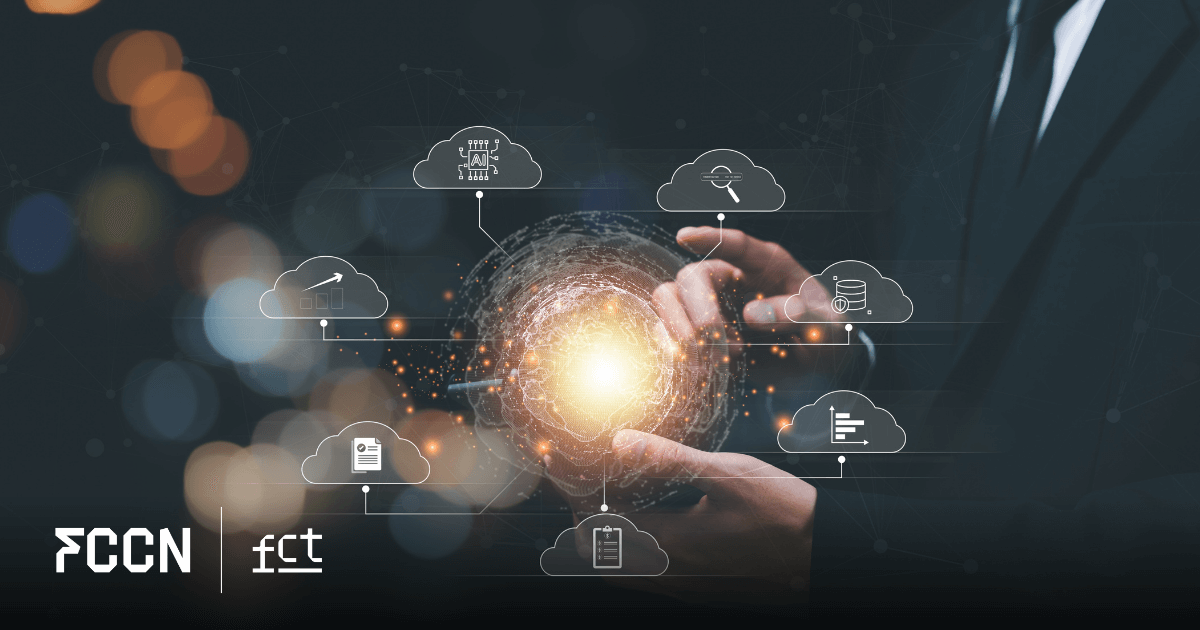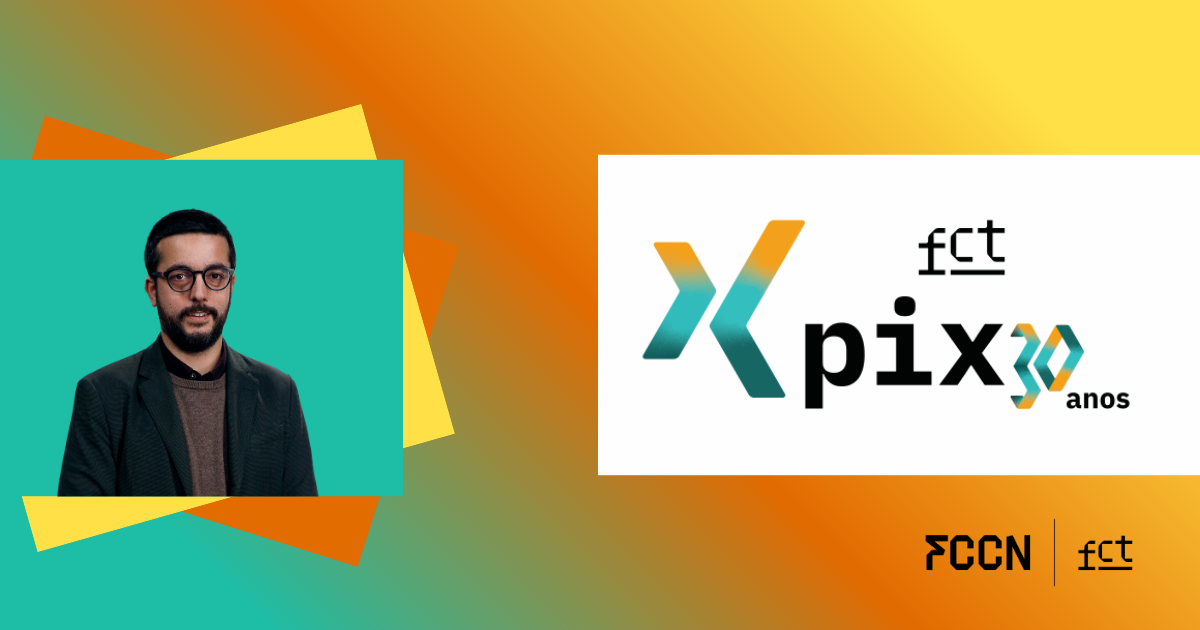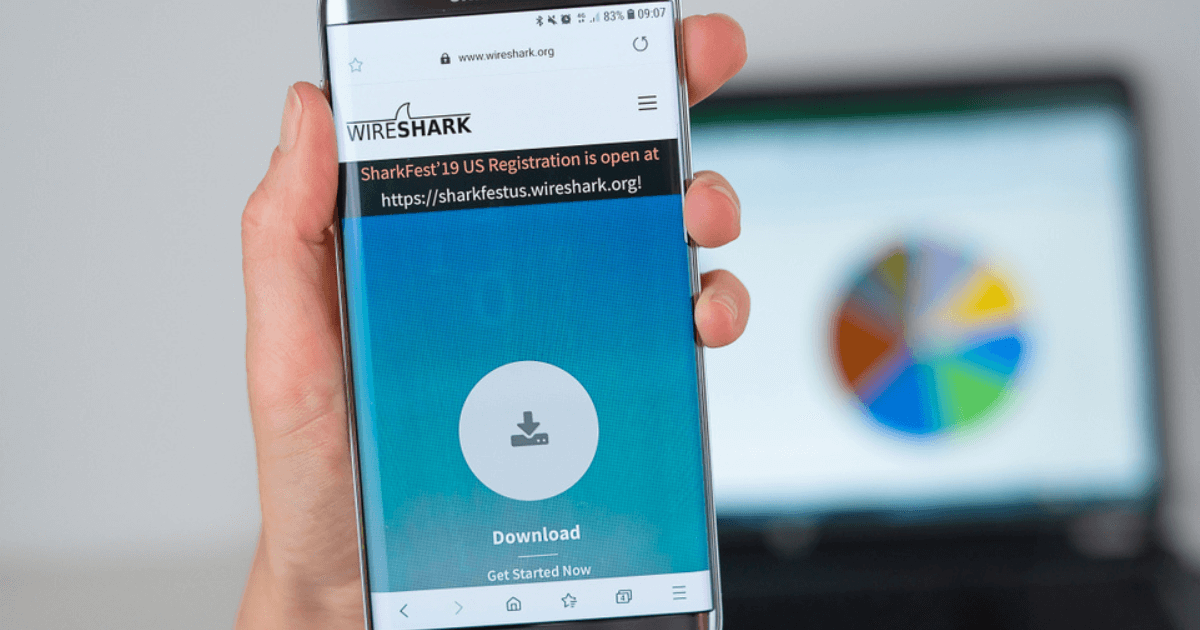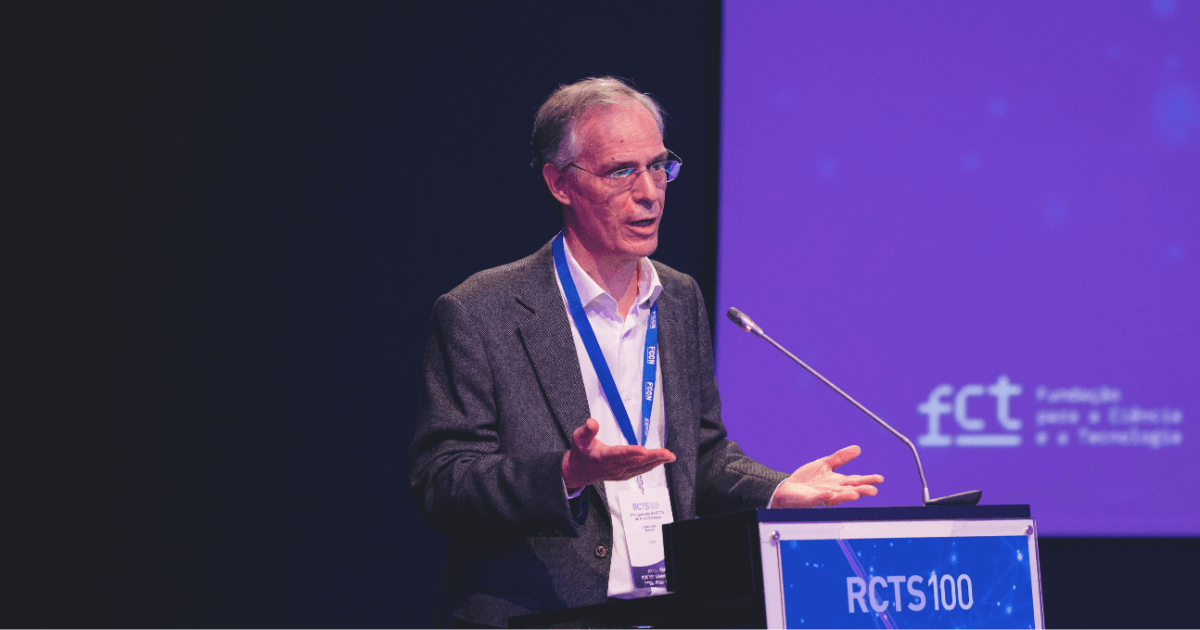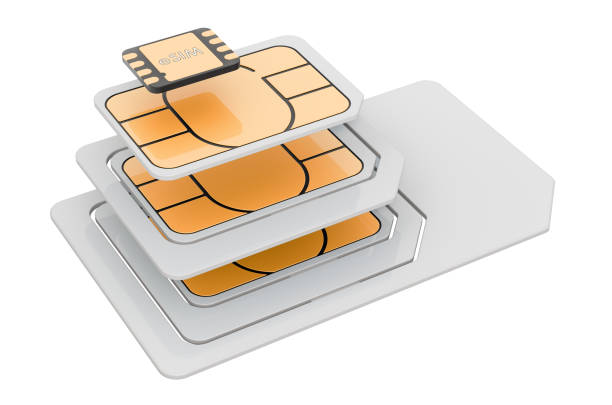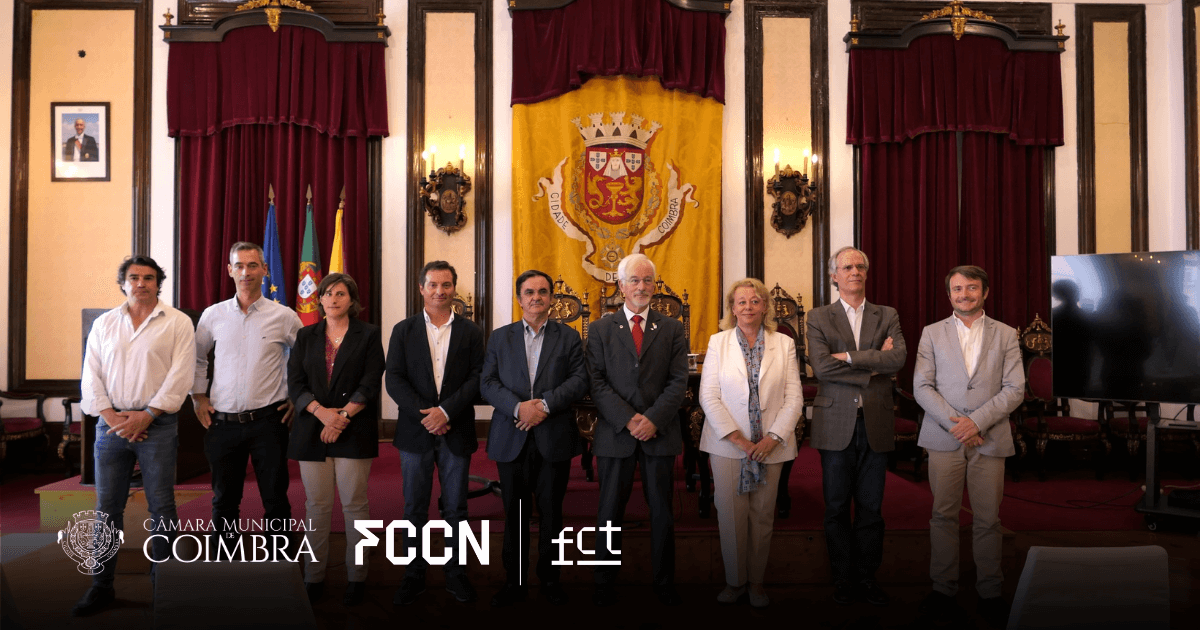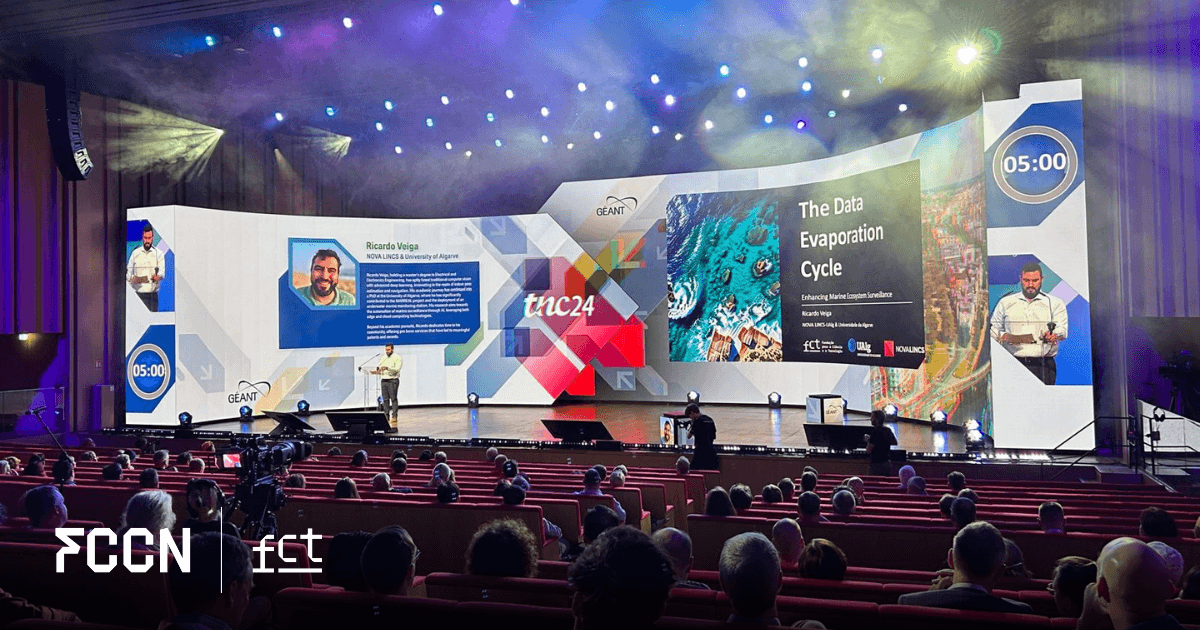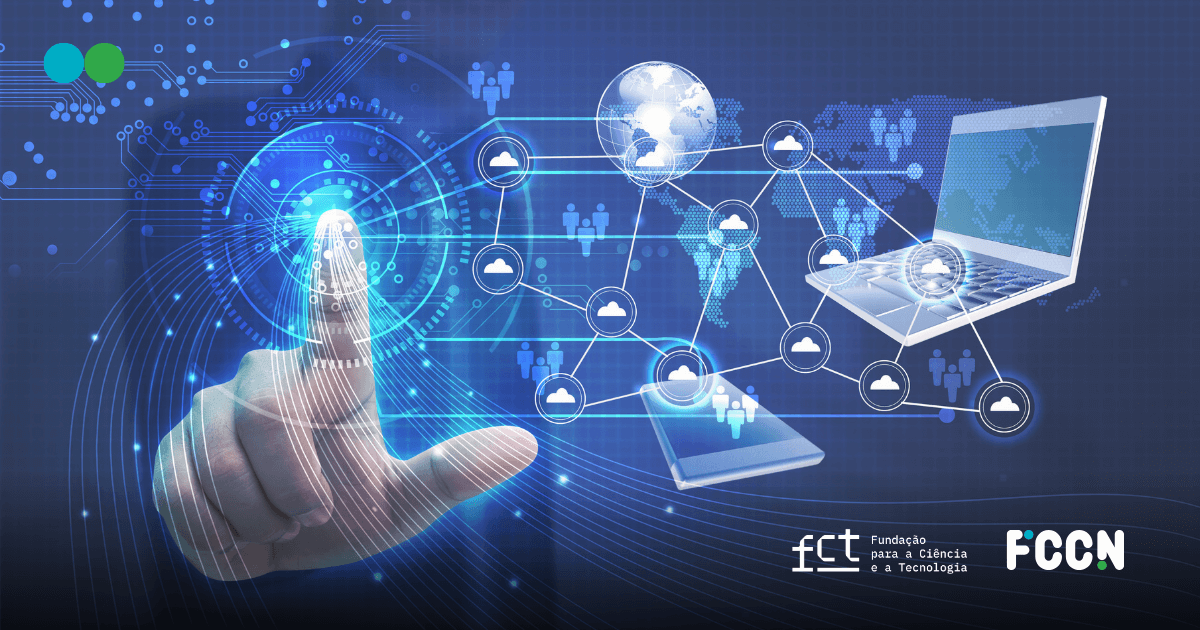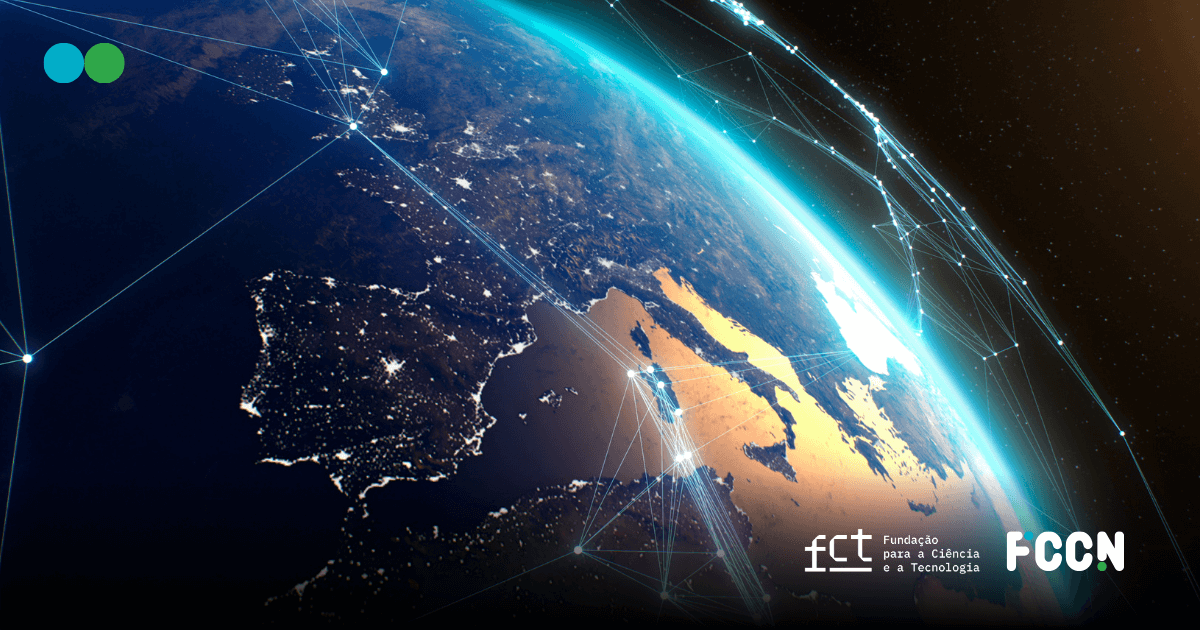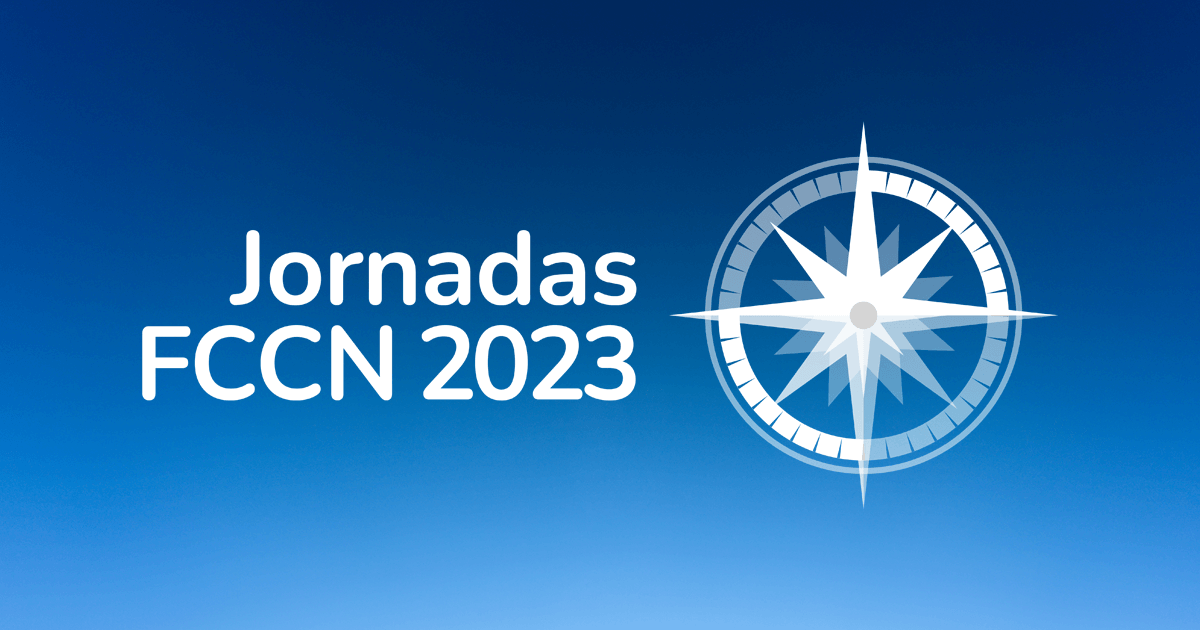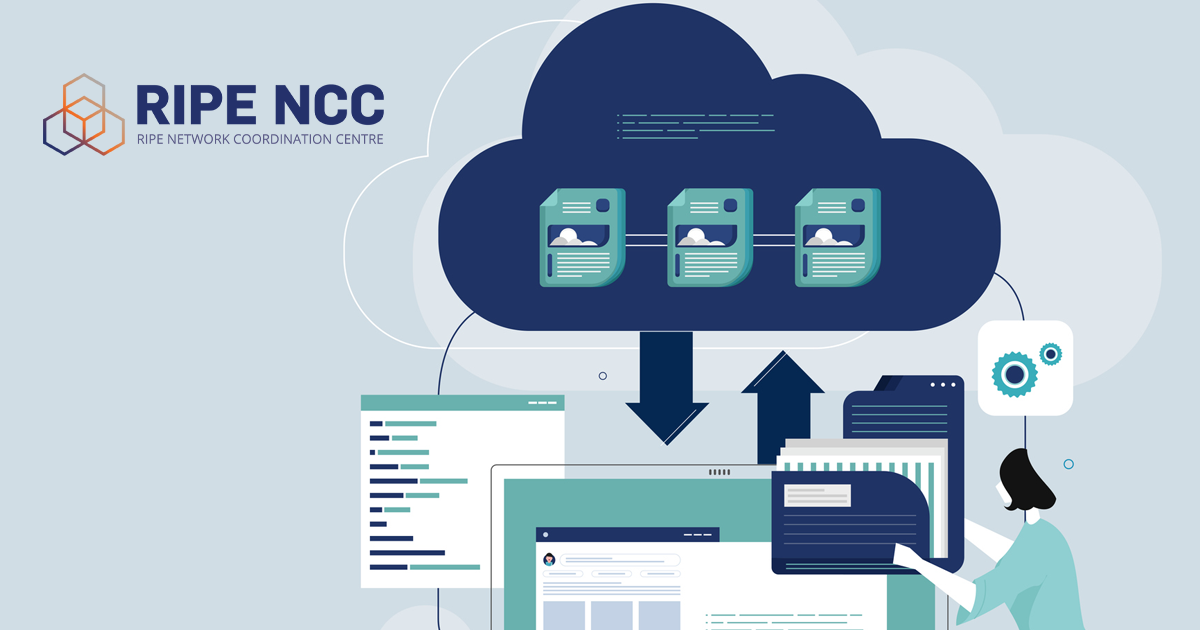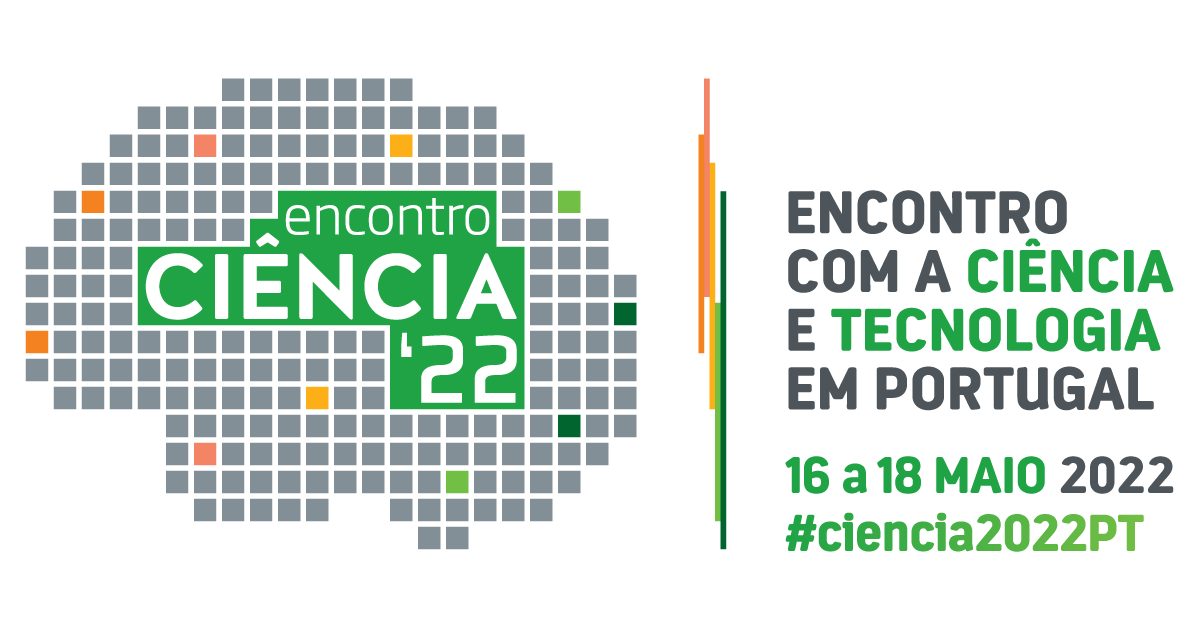Learn all about the NRENs – National Education and Research Networks –, entities that, like the FCCN, digital services of the Foundation for Science and Technology, work every day to put technology at the service of knowledge.
It's essential to ensure that the entire teaching and research community has equal access to the digital resources they need. This is precisely what, in simple terms, an NREN guarantees.
What is it?
The acronym largely explains what an NREN, or National Research and Education Network, consists of. The word "network" is key to understanding this concept, as an NREN is a national network dedicated to the education and research community, ensuring the provision of network infrastructure and digital services to the research and education community.
In this way, NRENs are infrastructures, they are the safe, resilient and high-speed national academic network. Around the world, 140 countries have their own NREN dedicated to supporting their teaching and research communities.
National education and research networks are designed and planned to meet the demanding needs of the community they serve. They are characterized by providing bandwidths far superior to typical commercial networks, with low latency and constant jitter. These characteristics are essential for ensuring the transfer of large volumes of scientific and academic data.
NRENs also guarantee the supply of several other digital services which aim to facilitate and enhance the work of the various stakeholders in the national Research and Teaching community, such as students, teachers, researchers and other professionals.
One of these services is the authentication and authorization infrastructure, which in Portugal is called RCTSaai, and which provides a set of tools that enable identity management and secure access to digital resources.
Collaboration: NRENS also act as catalysts for value creation, facilitating the creation of partnerships and working groups between the teaching and research communities.
And in Portugal?
In Portugal, this network is called the Science, Technology, and Society Network (RCTS). The management, planning, and updating of this structure are handled by FCCN, the FCT's digital services.
This network serves more than 600,000 students, faculty, researchers, and staff across the country, ensuring the provision of advanced connectivity services and enabling, primarily, resilient, high-capacity Internet access. To this end, it comprises 2,484 km of fiber optic pairs, 1,000 km of fiber optic cable, 105 points of presence, and 6.5 Tbps of installed capacity.
At the national level, among the various impacts, the RCTS Network already has more than 80 connected institutions, 29 of which are connected at 100Gbps. On average, during 2024, around 8 thousand have been registered throughout the country logins diaries in the RCTSaai infrastructure, which allows people to easily and securely access various services webusing your own organization account. In total, in 2023, more than 2.3 million people were registered logins by students, teachers, researchers and IT technicians, among other professionals.
FCCN also provides a range of more than 20 digital services in the areas of Connectivity, Collaboration, Knowledge, Computing, Security and Innovation projects.
Why do we need an NREN?
In the face of constant developments, educational and research institutions increasingly need to provide their users with a highly available, unrestricted digital experience.
An accessible, secure, and resilient network is needed to connect the community and foster global collaboration, particularly in large-scale scientific and technological projects. The results of this work by the NRENs are visible in the daily operations of educational and research institutions, particularly in Portugal.
NRENs also make it possible, thanks to cooperation between the various stakeholders in a country's science and education systems, to ensure benefits such as cost reduction, mobility, stimulating innovation and sharing good practices.
The relevance of NRENs has also grown in recent years. For example, the Covid-19 pandemic and the resulting transition to more online education and collaboration have made some of the advanced services provided by FCCN, such as the Colibri videoconferencing service, central to the daily lives of academics and researchers.
On the other hand, Higher Education and Research institutions' commitment to integrated digital solutions and emerging technologies also requires significant computing capacity, which is provided by the National Research and Development Network (NREN). The challenges arising from cybersecurity threats to institutions have also reinforced the role of NRENs as infrastructures that work to ensure their security.
What has FCCN done for us?
Connectivity: Designed to support the highest levels of usage without sacrificing performance, FCCN provides the network and connectivity services needed for a high-quality, lag-free streaming experience.
Mobility: NRENs ensure services like eduroam enable a seamless learning experience, allowing users to stay connected and access different services inside and outside their institution using single sign-on on their devices.
Vanguard and Innovation: Through NREN, teaching and research institutions are assured that all their needs in terms of security, connectivity, knowledge, computing and collaboration will be met, through constant investment in innovation and new services.
In summary, these are just a few points that show how NRENs provide the resources needed to meet the constantly changing requirements of the teaching and research community in Portugal and worldwide.
What about collaboration?
The dimension of international cooperation is central to the life of NRENs. In Europe, for example, the 39 existing entities are connected through GÉANT – a regional association that connects more than 50 million users across Europe.
This is also a way to create an integrated collaborative ecosystem that enables continuous service improvement, joint project execution, and innovation stimulation.
Learn more about what NRENs are on the GÉANT website: https://about.geant.org/about/
